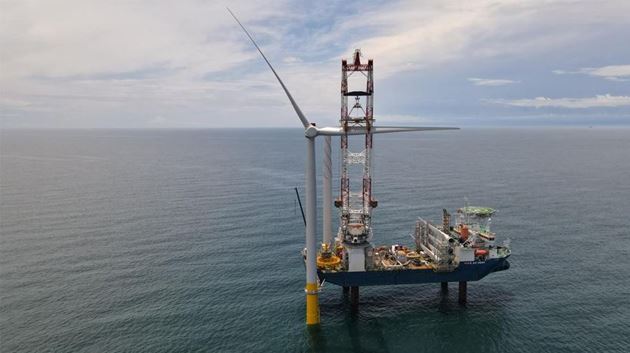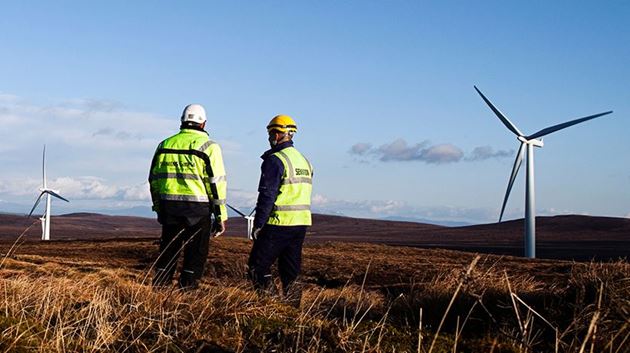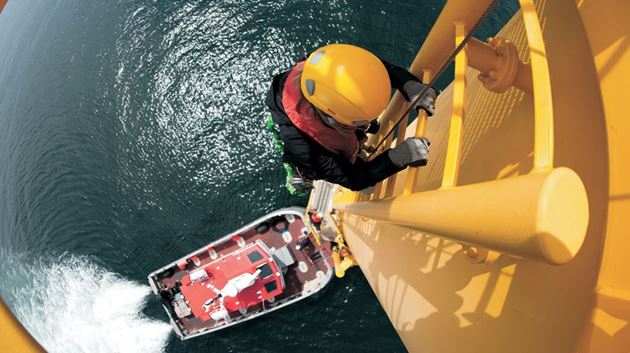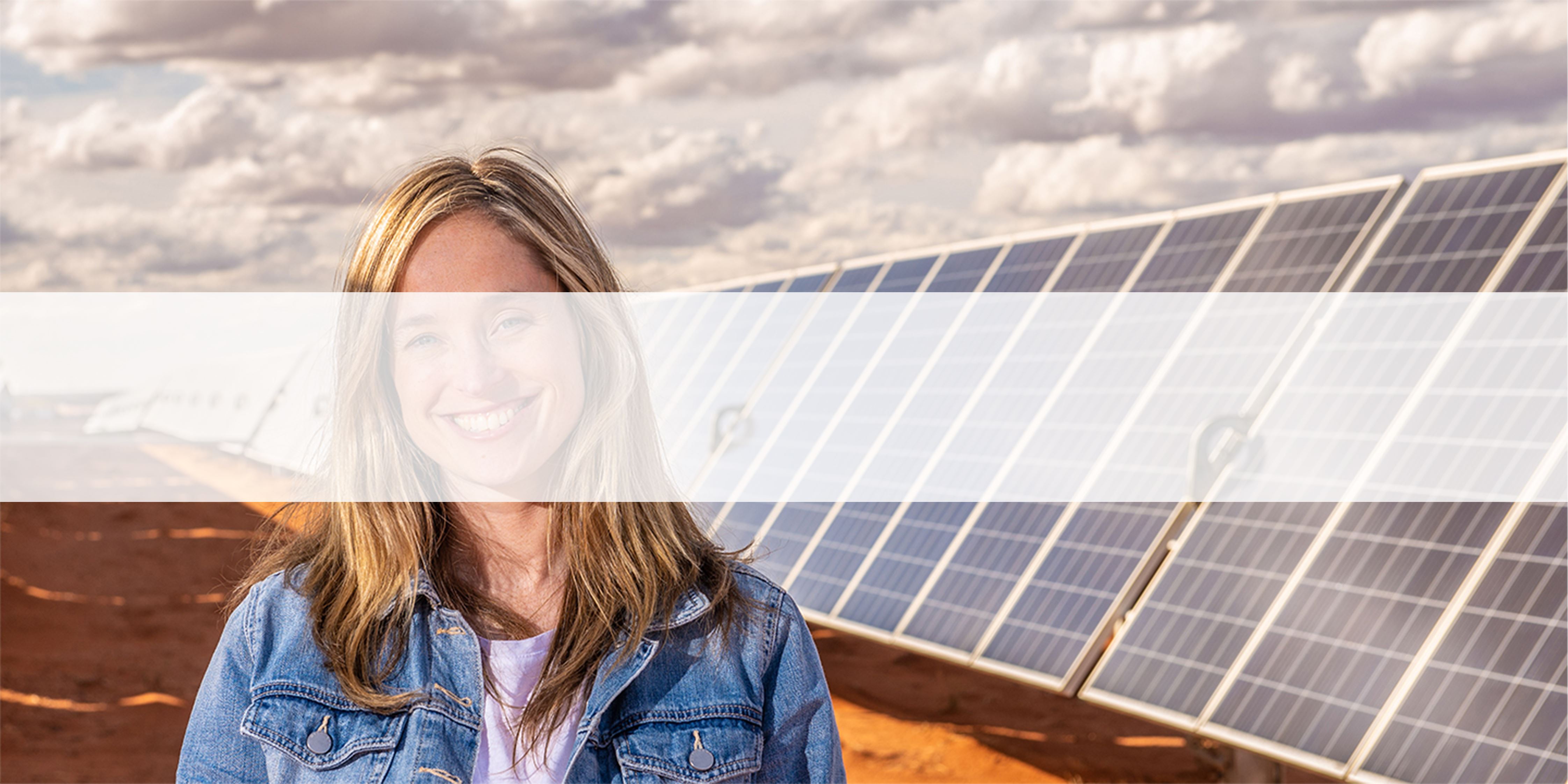
Climate change remains ‘the mother of all disruptions’ after Covid
The world has learned just how problematic the disruption that the Covid-19 pandemic has been, but the mother of all disruptions remains climate change, says Amanda McKenzie, one of Australia’s leading voices on climate change and CEO of the country’s Climate Council, an independent non-profit organization providing authoritative information on these issues.
Amanda instrumented a crowd-funding campaign to set up the Climate Council following the abolition of the Australian Climate Commission by the then federal government where she worked as an advisor, and it exists today thanks to the continued support of Australian citizens. The Climate Council works both as science and a communications organization, aiming to provide evidence to the Australian public and cutting through the misinformation on climate change. The Council also works closely with local governments, and society at large to help develop solutions.
The work of organizations such as the Climate Council is doubly important in shifting attitudes given the country’s reliance on its vast wealth of fossil fuels. While renewable energy sources have grown steadily as part of Australia’s energy mix in recent years, coal and gas account for around 80% of electricity demand.
A: I think that what this crisis has shown us is that there are things that we can do in a different way, like working from home, for instance, that is beneficial in terms of reducing emissions. But broadly, the most important thing that this crisis tells us is just how hard and painful disruption is for our communities.
It's obviously damaged economies, it's damaged people's health, and people lost their lives. I think that the important thing for us to know is just how problematic disruption is. And climate change is the mother of all disruptions. And it will manifest in terms of extreme weather events worsening but also in terms of more slow shocks. Like the giant of sea level rise, which will come relatively slowly, but then pretty quickly meaning coastal surges. That underpins why it's so critical to act on climate change, that we just don't want to see this sort of level of disruption in our communities.
Q: Scientists estimate that CO2 emissions could fall around 4%-8% this year as a result of the pandemic, but that we would need to see similar falls every year for the world to stop a rise in global temperatures with catastrophic effects. Are you still optimistic that the world can engineer a way out of this?
A: We do still feel very hopeful and optimistic. I think that's a critical part of campaigning on this issue. But the statistics are very, very dire. This week, it was 38 degrees in the Arctic Circle, which is 30 degrees above average.

We're seeing these crazy events in Australia, we had shocking bushfires over the summer period, the worst ever experienced in our country. This problem is here. It's with us right now. Another lesson from Covid is that the countries that have done the best are those countries that have listened to experts and on the evidence and acted early. That's exactly the lesson we need to learn from climate change, we need to listen to the experts. We need to act quickly with the knowledge that we have and prepare as best we can.
Q: There has been a lot of talk of a ‘Green Recovery’ after this crisis, to make any economic recovery packages focused on sustainable investments. What do you think a green recovery should look like?
A: The best news on the agenda at this stage is that the recovery can be a win-win; so, we can solve the current economic crisis, while also tackling other long term, difficult issues and climate change being one of those. Clean energy is the cheapest source of new power and in the Australian context, electricity prices have been rising because our electricity system is aging. It's inefficient. It's polluting. So, replacing that energy system with clean technology, with renewables, with storage, is absolutely a critical part of the recovery puzzle. In this link you can learn more about this issue.
But it's broader than that, too. It's also about transport solutions. It's about making new industries in manufacturing, relying on clean energy. And it's also about our land system. Planting trees, planting other vegetation that is going to take carbon out of the atmosphere. It offers opportunity for land restoration, and it provides jobs that are often low skilled for people who have lost jobs in other areas.
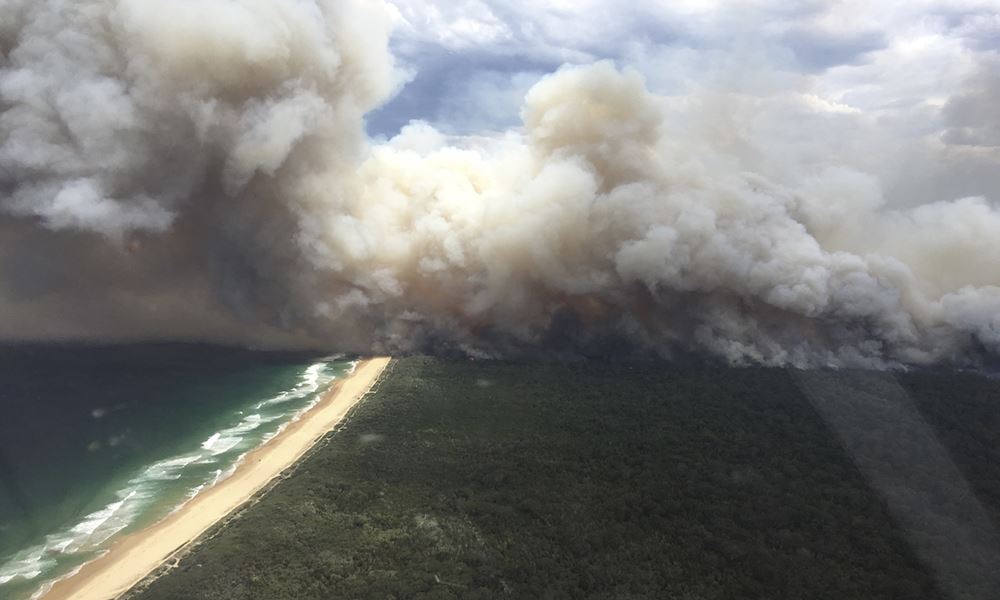
A: Australia is the sunniest country in the world. We're one of the windiest countries in the world. We have great capacity for battery storage, because we've got lots of space.
And there's a range of different opportunities for us also in manufacturing with clean energy and potentially with exports in hydrogen industries etc. Because we've just got vast amounts of sun, vast amounts of space, and we've got a lot of lithium as well, for use in the battery industry, we've got huge potential.
But at the current time, it's still uncertain what our future will look like. We have had huge investment in renewable energy over the last few years. The long-term policy and renewable energy target put in place a long time ago ends this year. The industry, climate change advocates are all pushing for increased market certainty. It basically needs a degree of policy certainty because you're making very long-term investments. So that's what the industry is asking for. And it also requires not having handouts for gas and coal, which will artificially make it more competitive.
Q: Is the situation in Australia quite similar to the U.S. where you can see the individual States are leading the way in renewable commitments rather than the federal government?
A: Absolutely. It's very similar the states in Australia with the U.S., the states are all driving renewable energy policy here. Almost all of the states have a target of about 50% renewable energy in the next five to 10 years. And they've got a range of other policies from electric vehicles to waste etc.
And also a lot of the local governments are actually leading the way. A lot of local governments now have 100% renewable energy targets and have done a lot to invest in changing their towns and cities. The city of Melbourne, city of Sydney, of Brisbane, our main capital cities are now world leaders in advancing these sorts of solutions. So, the drive is really coming from the ground up in our context and the federal government we continue to describe as lagging far behind the rest of the community.
A: The fires in Australia were a real wake-up moment for a lot of people. Many people thought climate change is an issue, but it doesn't affect me. But 80% of people experienced the terrible smoke during the bushfires. Sydney and Canberra were totally blanketed in smoke. People couldn't go out for days, sometimes weeks. And the fires themselves had extremely devastating impacts - almost all of the forests over 2,000 kilometers from Queensland to Tasmania, burned to some degree and some to catastrophic degrees, and we lost a billion animals.
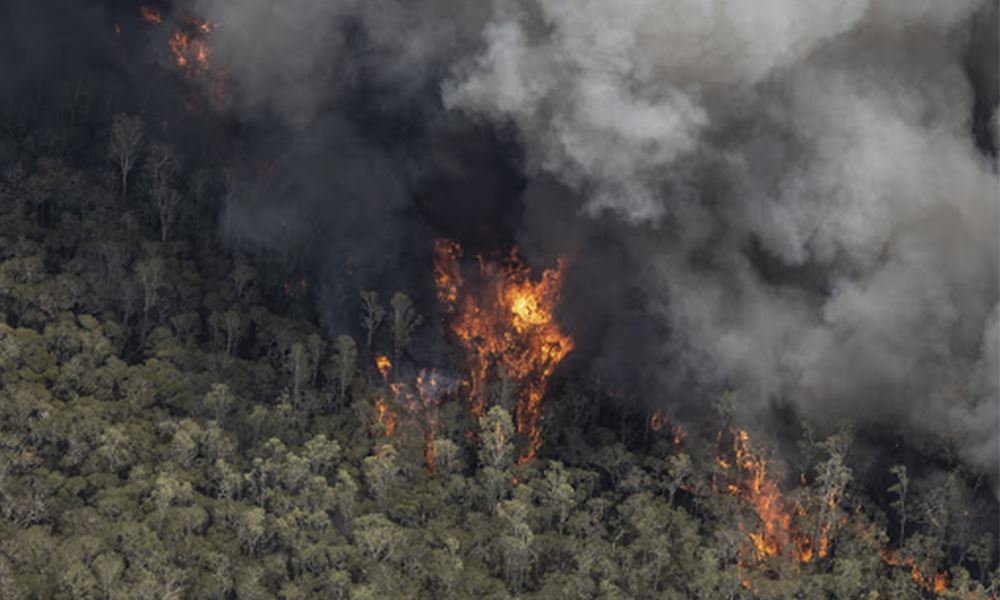
People are much more aware of the consequences in a way they perhaps weren't before. While Covid has necessarily distracted us from things that are slightly more long-term, concern is still there in the community. And as soon as people have the opportunity, restrictions lift etc. we'll see a really big resurgence in community activism around climate change.
Q: Reading Tim Flannery’s (co-founder of the Climate Council with Amanda) book on climate change ‘Atmosphere of Hope’ published in 2015, it talks about massive bushfires in Australia in 2014. When you see these events repeat themselves so frequently, does it feel like you’re banging your head against the wall to get the messages across?
A: Yeah, you hit the nail on the head there. That's exactly what it feels like. I think the thing is that social change is inherently slow. And this issue is moving at lightning speed. And to try and get large scale social change within the timeframe is just enormously difficult. I think there has actually been a lot of progress. But it's just too slow and needs to be massively accelerated. So, we see our job at the Climate Council as constantly just providing a drumbeat of important information about climate change, but also making it relevant to where people are at right now.
Q: Last year we saw an important emergence of a youth movement demanding immediate action with regards to climate change, and this has been noticeably led by a young girl in Greta Thunberg. Given your experience in the field is this something you are seeing more of, that girls and women are playing a more active role in leading this debate?
A: I think it's very notable how much this movement is now led by women. Christiana Figueres (Executive Secretary of the United Nations Framework Convention on Climate Change) is probably the most prominent advocate from a policy perspective, and Greta from more of a community and youth perspective. Increasingly, there's women that are leading this movement right now in the world.
And I think that it just reflects the passion of the age. People all over the world are becoming more and more passionate about this. And people are stepping out and making their voices heard. A lot of the jobs are and have been quite technical in engineering and science, etc., which is known to have excluded women to a degree. But more women are moving into that space. There's a lot of female climate scientists that are very articulate and strongly spoken that have emerged more and more into prominence in the last few years as well.

